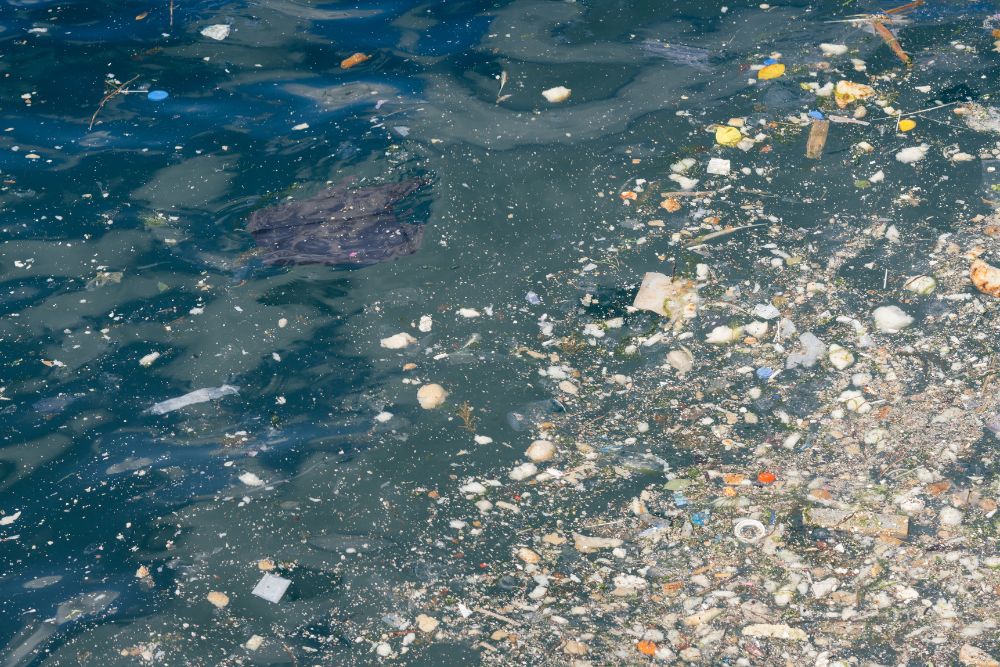From May 29 to June 2, 175 countries reached agreement on an international treaty to combat plastic pollution.
Speaking during the opening on Monday, UNEP chief Inger Andersen bluntly stated that “we cannot recycle our way out of this mess”, adding that “only elimination, reduction, a full life-cycle approach, transparency and a just transition can bring success.”
And in his introductory speech, Emmanuel Macron described plastic pollution as “a time bomb”: “Today, we extract fossil fuels to produce plastic, which we then burn. This is ecological nonsense.
After five days of laborious negotiations, a first version will be examined in November at a meeting in Nairobi (Kenya), with a view to a definitive treaty by the end of 2024.
At the latest meeting, led by France and Brazil, the proposed resolution was adopted in plenary session at Unesco headquarters in Paris on Friday evening.
According to the text, “the International Negotiating Committee (INC) requests its chairman to prepare, with the assistance of the secretariat, a draft of the first version of the legally binding international treaty”.
The negotiators, who had been meeting since Monday, were only able to get to the heart of the matter on Wednesday evening, after two days of blocking by Saudi Arabia and several Gulf countries, Russia, China, Brazil and India. This blockage was linked to the question of whether or not to resort to a two-thirds majority vote, in the event of a lack of unanimity during the future examination of a draft treaty. In a five-line statement acknowledging the divergences, the subject was postponed.
The discussions revealed contradictory approaches: on the one hand, the advocates of an ambitious agreement, who want to tackle plastic from production to disposal. The latter, led by Norway and Rwanda and including the European Union and Japan, are betting on binding targets for reducing plastic production, and on banning the most problematic uses (including single-use plastics). On the other hand, a group of countries that are major producers of oil and plastic are focusing on the issue of waste, and advocating recycling or other technological solutions to alleviate the problem. These countries, including China and the United States, are pushing for a less restrictive text.
According to the French newspaper Mediapart, 190 lobbyists tried to put the brakes on progress. They defended the interests of global giants such as Nestlé, Lego, Exxon Mobil and Coca-Cola, and French companies such as Carrefour, Michelin, Danone and Total Energies.
As well as their representatives, notably the European Plastics Europe association, behind seemingly green structures such as the Alliance to End Plastic Waste NGO (founded by the oil industry) were well represented at Unesco. But all the professional, scientific and associative observers who had turned out in force were unable to get in each day, due to lack of space.
Did you know?
More than 400 million tonnes of plastic is produced every year worldwide, half of which is designed to be used only once. Of that, less than 10 per cent is recycled.
An estimated 19-23 million tonnes end up in lakes, rivers and seas annually. That is approximately the weight of 2,200 Eiffel Towers all together.
Some 11 million tonnes of plastic waste flow annually into oceans. This may triple by 2040 and more than 800 marine and coastal species are affected by this pollution through ingestion, entanglement, and other dangers.
Microplastics – tiny plastic particles up to 5mm in diameter – find their way into food, water and air. It is estimated that each person on the planet consumes more than 50,000 plastic particles per year equivalent to a credit card –and many more if inhalation is considered.
Discarded or burnt single-use plastic harms human health and biodiversity and pollutes every ecosystem from mountain tops to the ocean floor.





















Discussion about this post